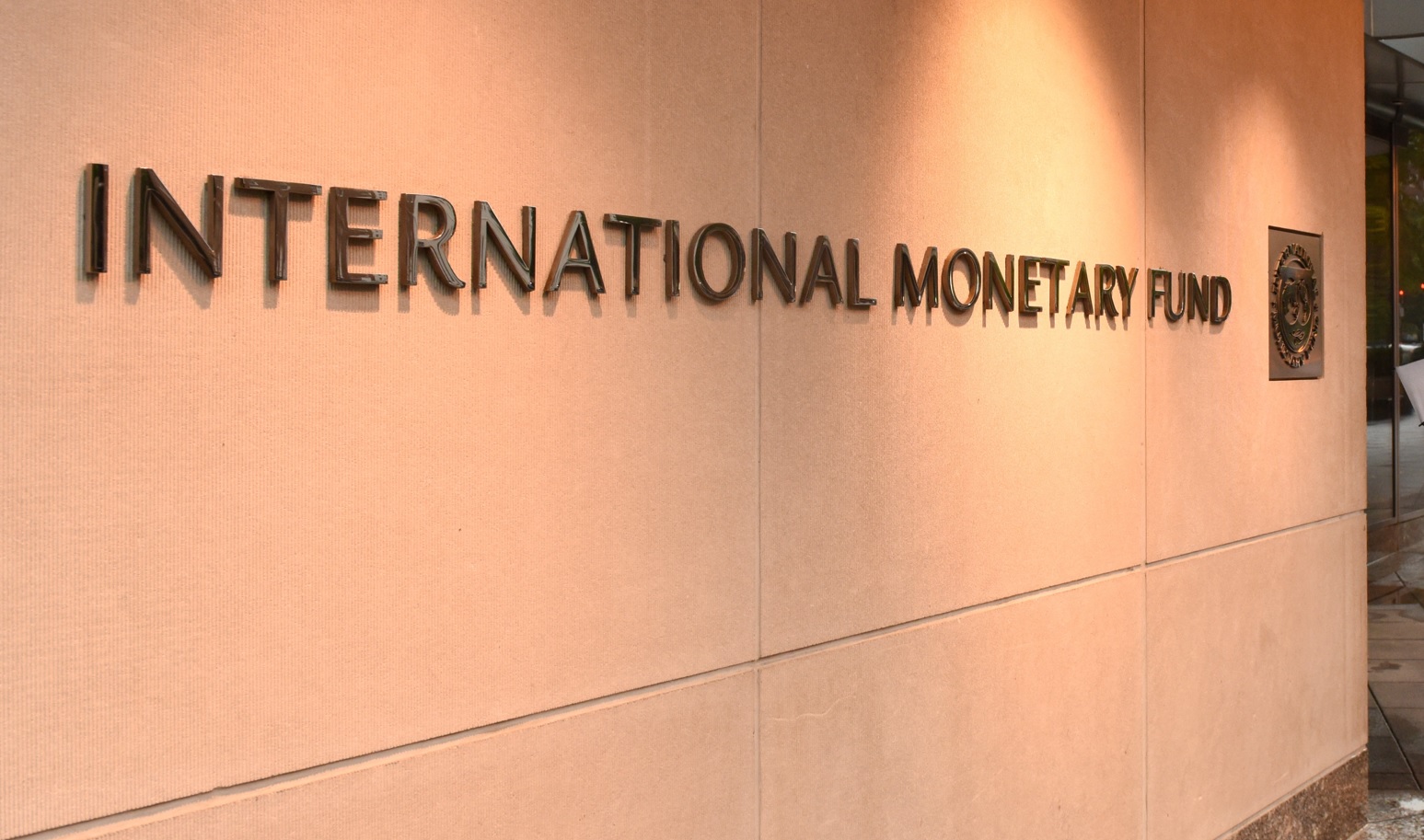
- The deVere Group CEO said institutional investors are increasing the share of resources they put into crypto.
- Green also explained that crypto's use as legal tender in low-income countries would reduce the reliance on 'first-world' currencies such as the Dollar.
The CEO of financial services and asset management firm deVere Group Limited GmbH Nigel Green has acknowledged Bitcoin as the world's largest digital asset and earmarked it to play a significant role in the future financial system.
Institutions don't want to be left behind
He added that even institutional investors are recognising the status of Bitcoin and other digital assets hence increasingly shifting their portfolios into this nascent space. These entities know that Bitcoin's attributes are well-suited for use into the future, hence the increasing appetite to invest in it.
"This is why more and more institutional investors, household name investors, Wall Street giants and multinational corporations are all sensibly, increasing their exposure to crypto and bringing with them capital, reputational clout and expertise," he said.
So, what's the appeal?
Green, who founded the deVere Group back in 2002, set forth that crypto assets are free from geographical boundaries hence easily usable in cross-border applications such as trade. Moreover, being 'digital' assets, they are perfectly matched to the modern world where the only way up is digitalisation.
He also noted that demographic factors favour Bitcoin and other crypto assets as adoption is more probable among the younger generation than the old.
IMF's opinion on El Salvador's use of Bitcoin is flawed
Green also queried the International Monetary Fund's stance on the matter of a Bitcoin legal tender in El Salvador. Having allowed legal use of Bitcoin as an official currency last September, El Salvador this week once again saw disapproval by the IMF on that decision.
The financial body advised that the use of Bitcoin as legal tender was a hugely inhibiting factor to a loan the country is currently requesting for. The IMF asked El Salvador to mull over the Bitcoin decision.
Green, who previously predicted that more countries would follow El Salvador's Bitcoin ambition, feels the IMF is writing its name on the "wrong side of history." He theorised that the IMF is worried about the potential impact of contagion-effect adoption in the world.
"But the IMF asking a pioneering sovereign nation to drop a future-focused financial policy that attempts to bring it out of financial instability and reliance on another country's currency shows the institution to be on the wrong side of history."
He added that adopting crypto as legal tender provides a solid alternative to 'first-world' currencies for low-income economies that are often rendered vulnerable to rampant inflation.
"By adopting cryptocurrency as legal tender, these countries then immediately have a currency that isn't influenced by market conditions within their own economy, nor directly from just one other country's economy."

